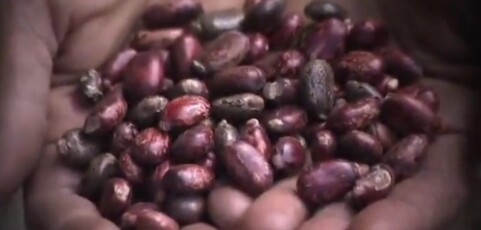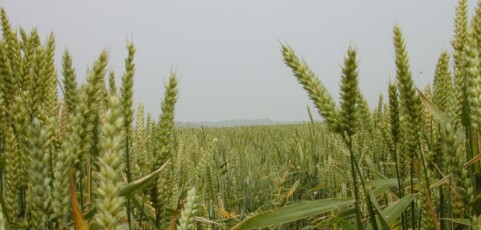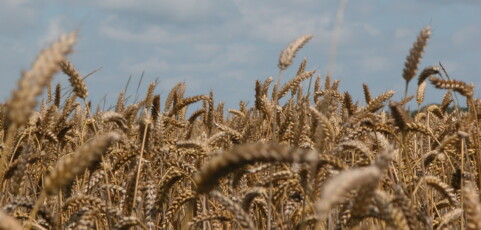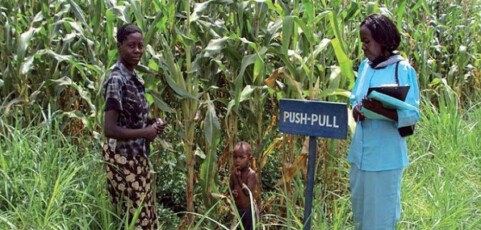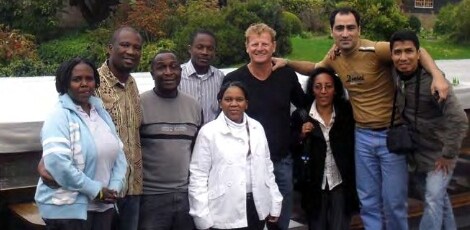This paper investigates the impact of sustainable agricultural practices on crop productivity, with a particular focus on reduced tillage. Specifically, the report investigate whether reduced tillage results in more or less productivity gain than chemical fertilizer. Results support encouraging resource-constrained farmers in semi-arid areas to adopt sustainable agricultural practices, especially since they enable farmers to reduce production costs, provide environmental benefits, and—as our results confirm—enhance crop productivity.
Sustainable intensification in African Agriculture
These projects of sustainable intensification drawn from across Africa show that if there is a political and economic domestic recognition that ‘agriculture matters’, then food outputs can be increased not only without harm to the environment but also in many cases to increase the flow of beneficial environmental services.
Rural Women’s Associations and Sustainable Agriculture in Casamance, Senegal
An innovative community grantmaking program for rural women and their organizations in
Casamance, Senegal, is creating significant change in women’s status and resources that are leading
to greater stability and well-being for families and communities.
Banking diversity
A short video looking at the value of seed banking and biodiversity conservation (on-farm), in Ethiopia.
Biological Control of Gramineous Stemborers in Kenya, Africa
Read MoreAgroecology, best practices
Read MoreThe impact of Compost use on Crop Yelds in Tigray, Ethiopia (2000-2006)
The benefits deriving from the use of compost, including restoration of soil fertility, are well illustrated in this assessement. As a result of this successful approach is that between 2003 and 2006 grain yield for the region almost doubled from 714 to 1,354 thousand tonnes.
The Tigray experience: A success story in sustainable agriculture
The success story in Tigray is concerning the Project on Sustainable Development through Ecological Land Management by Some Rural Communities in Northern Ethiopia through a broad-based open-ended experiment by farmers and local experts able to favor the rehabilitation of the land and improved crop production. The papers also include a set of recommendations for a sustanaible agriculture.
Impact assessment of push–pull technology developed and promoted by icipe and partners in eastern Africa
Push-pull method is a method for maize cultivation. It was developed by icipe in Nairobi and is currently disseminated widely. The impact assessment demonstrates the transformation from non-sustainable to more sustainable forms of maize cultivation and illustrates it by drawing from specific examples from farmers.
Puzzles for innovation
The writers wanted to encourage the Afghan community by showing that the development processes they are experiencing are not different to those seen elsewhere, even if the general context is particularly difficult.



